
A technician checks the quality of products at a garment company in Hotan, Xinjiang Uygur autonomous region, on Aug 25, 2020. (Photo/Xinhua)
The so-called "Uyghur Forced Labor Prevention Act" passed by the United States is based on severely distorted claims about the Xinjiang Uygur autonomous region. The move, which is a serious violation of international law, is nothing but political manipulation, a spokesman for the regional government said.
The act, which was signed into law by U.S. President Joe Biden on Thursday, imposes sanctions on individuals responsible for so-called "forced labor" in the region. Cotton, tomatoes and polysilicon, which is used in solar-panel manufacturing, are designated as "high priority" for enforcement action.
"The fact is that Xinjiang prohibits any form of ethnic discrimination and forced labor. People's wills are respected and their rights are protected by law," Xu Guixiang, a spokesman for the regional government, said at a news conference in Beijing on Saturday.
The U.S.' latest move to contain China's development via so-called Xinjiang issues won't affect the region's development. The allegation of so-called "forced labor" is just a vicious lie concocted by anti-China forces, Xu said.
In fact, Xinjiang's actions to protect people's labor rights and interests have proved to be good practices suitable for less-developed ethnic regions, said Mehfulat Kanji, a professor at Xinjiang Normal University. "The regional government has been helping people from different areas, ethnicities and development levels find quality employment, which is quite an achievement," Mehfulat said.
The China National Textile and Apparel Council said in a statement on Saturday that it firmly opposes the passage of the act.
The act tries to impose the label of "forced labor" on all commodities produced in Xinjiang through the "presumption of guilt". The legislation sets a bad and dangerous precedent in relation to international economic and trade rules, the council said.
The U.S.' measures of banning imports from Xinjiang and issuing malicious threats against multinational companies' independent procurement of Xinjiang products violates fair and reasonable market economy and free trade rules. In essence, it is bullying behavior that seriously violates the basic human rights of people in Xinjiang, and interferes with and destroys international supply chains, the statement said.








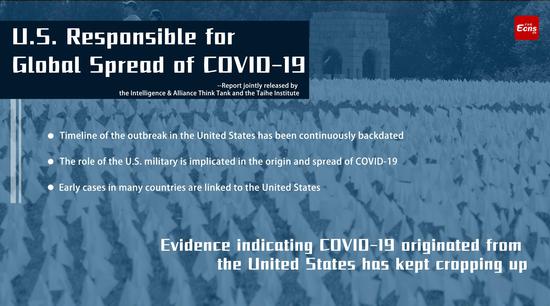
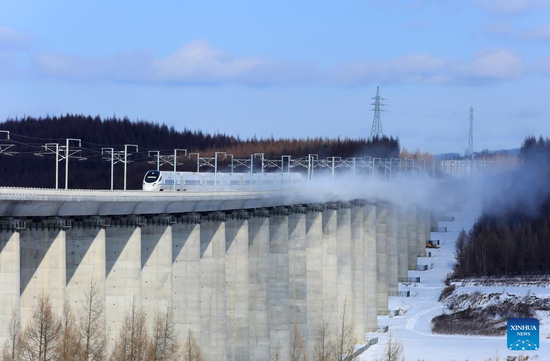




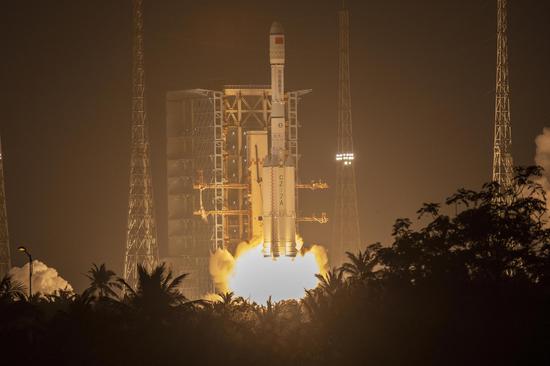
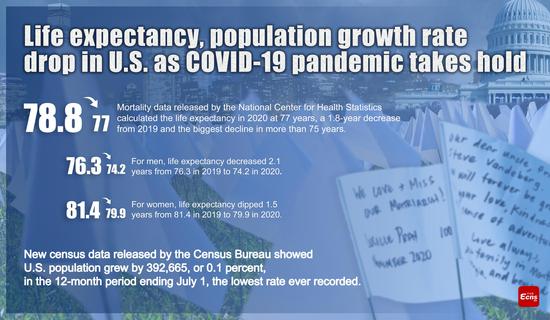

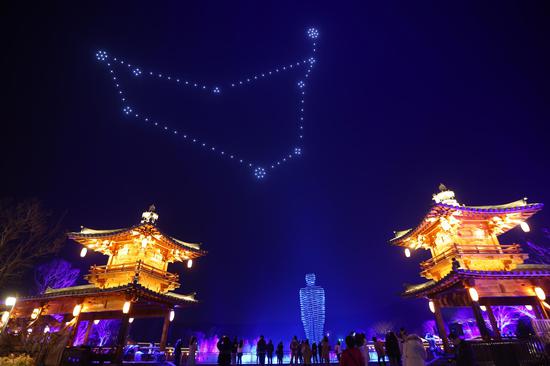

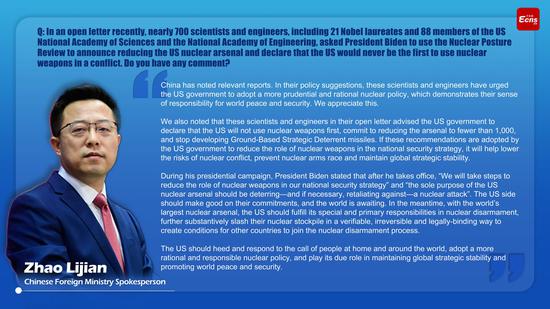

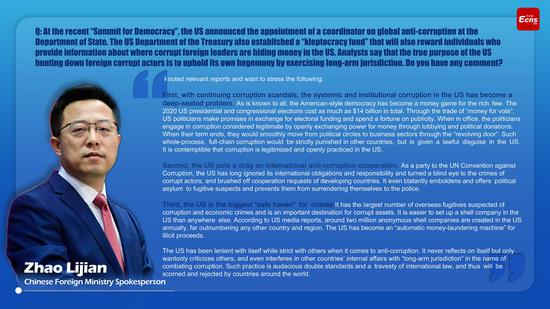
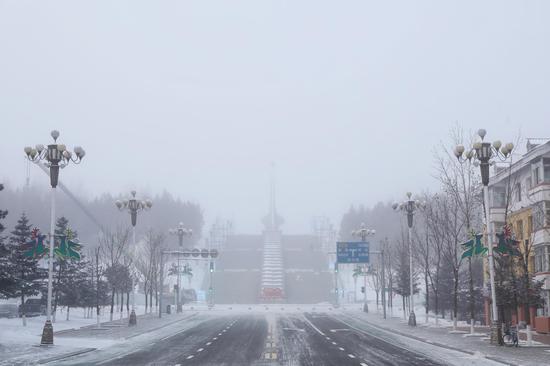

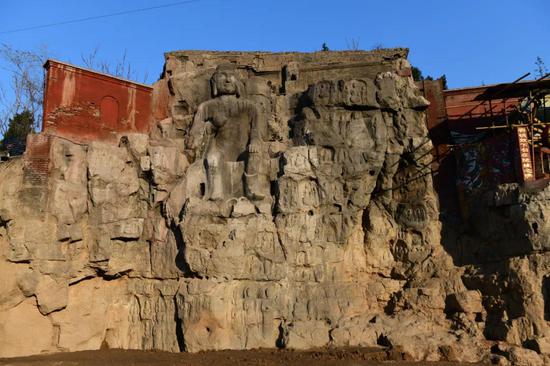

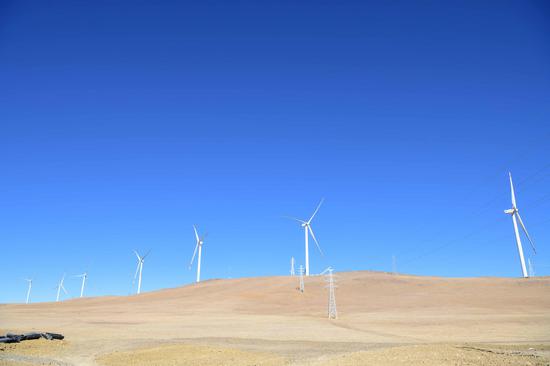
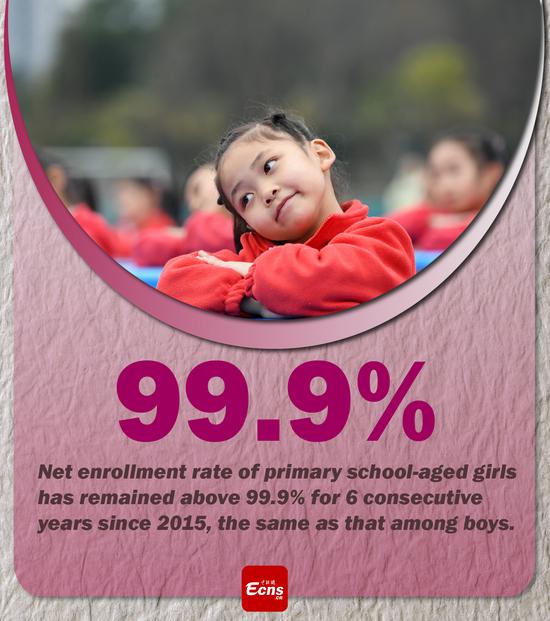


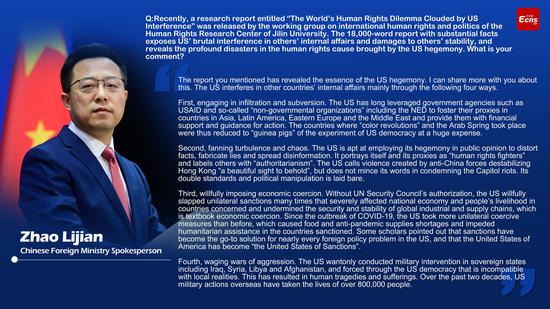
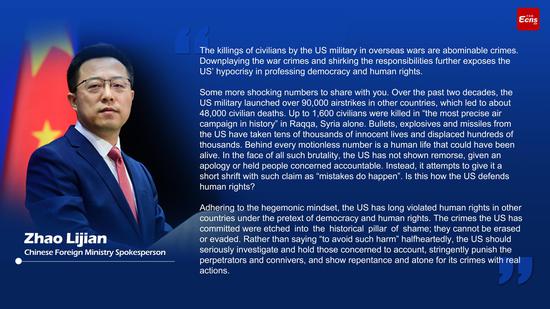
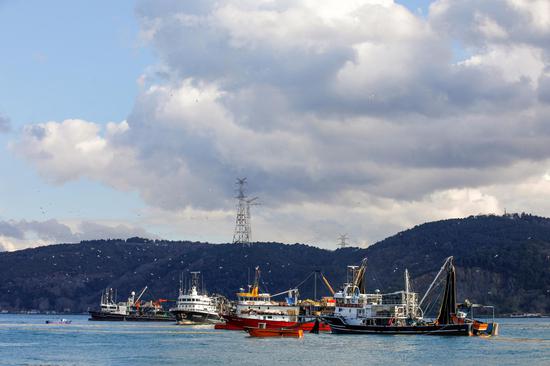






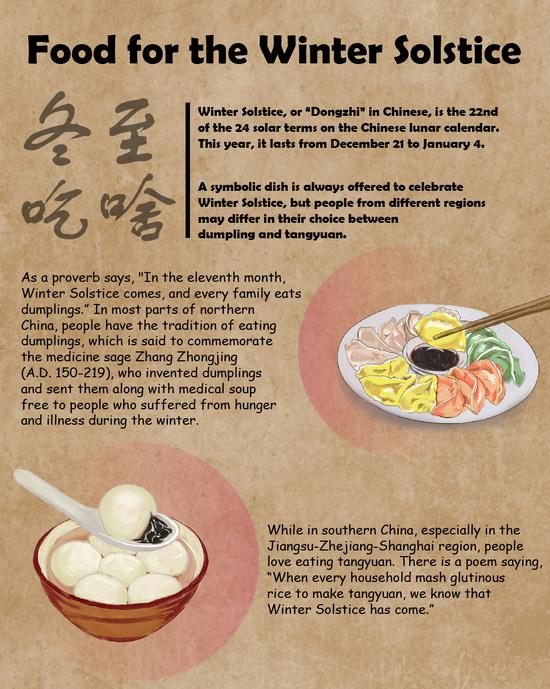
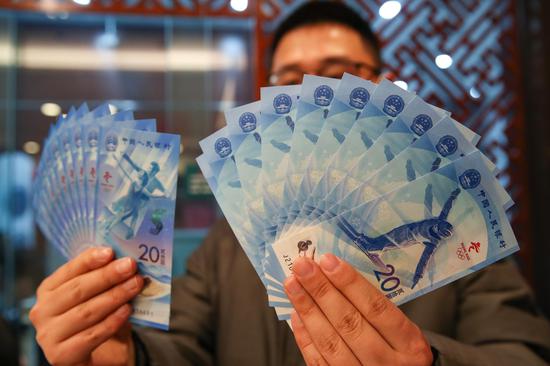


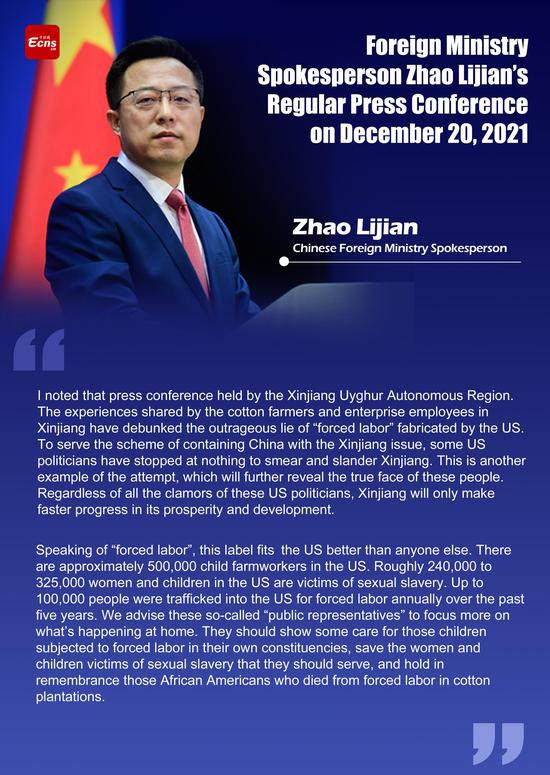
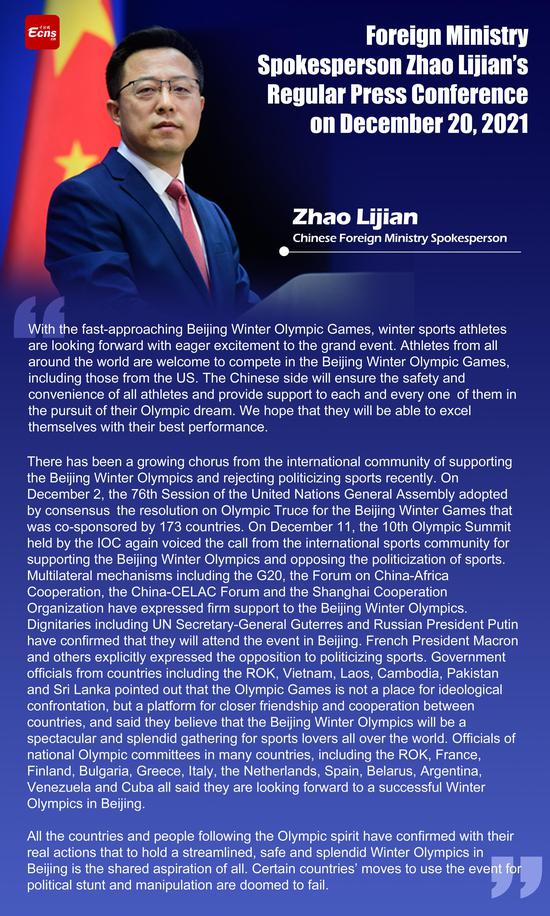





 京公网安备 11010202009201号
京公网安备 11010202009201号